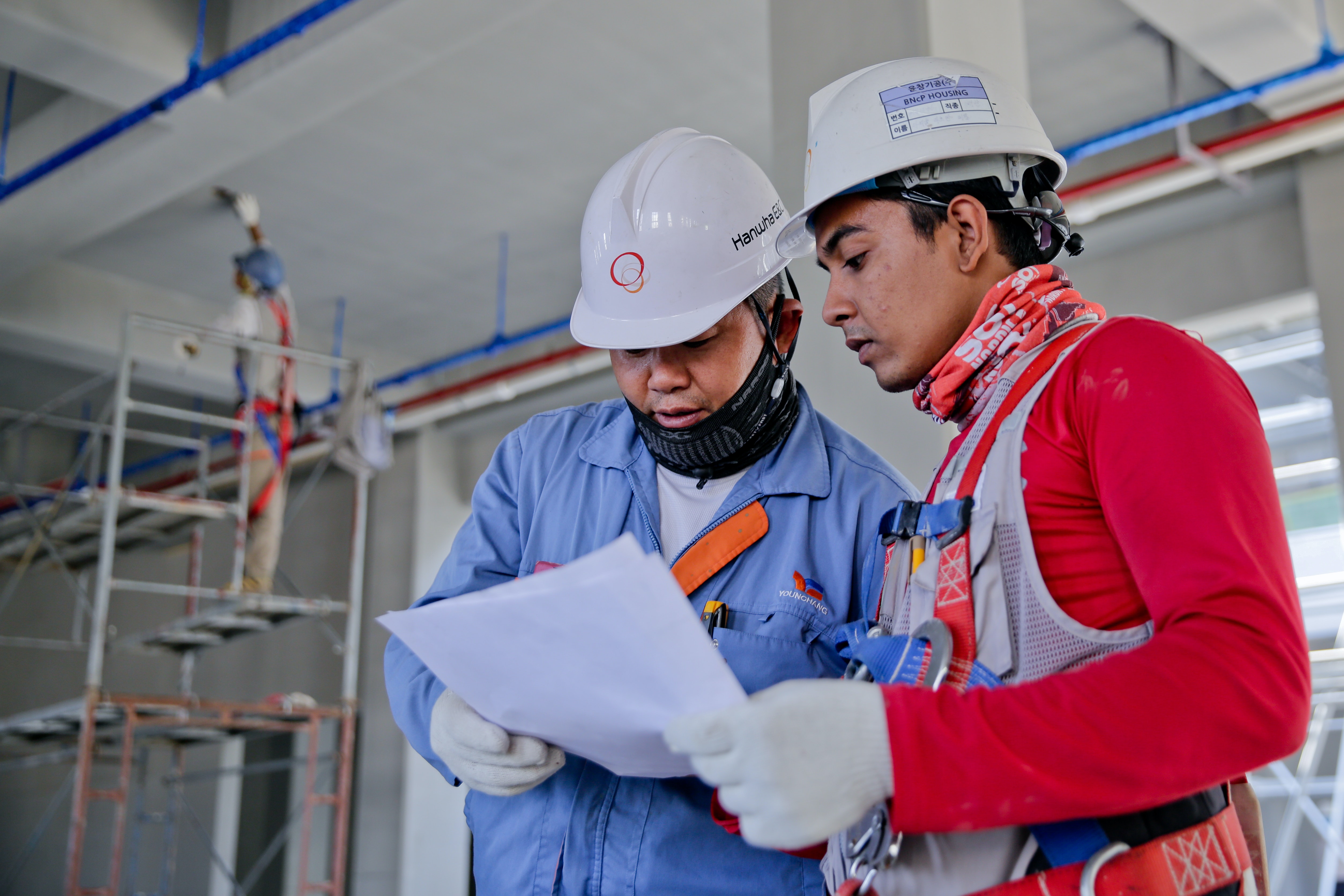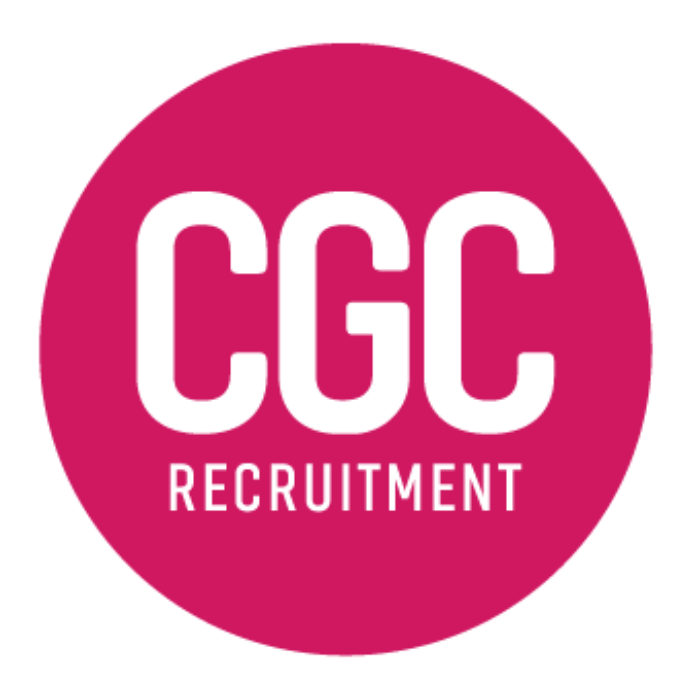Connecting...
People in the construction industry are on the move! Twelve months ago, as the impact of COVID and restrictions on the industry were still largely unknown, many candidates were reluctant to change roles due to a lack of market confidence. Now, the reverse is true and job seekers are experiencing high employment rates, demand for their skills, and a surge of attractive employment opportunities.

The construction and infrastructure sectors showed early economic resilience to the pandemic, as the local, state and the federal Governments injected significant resources into the sector to stimulate the economy and create jobs. This included $72 billion of fast-tracked infrastructure projects, state and local governments rolling out $3 billion in shovel-ready infrastructure projects (supporting over 10,000 jobs), and an additional $1 billion for the Local Roads and Community Infrastructure Program.
Construction companies have been making the most of these opportunities, bidding for and winning work. And while the current situation, especially in NSW and Victoria, is still fluid, many businesses need to hire across the spectrum of roles to deliver their projects – and we’re seeing candidates being presented with a lot more opportunities than ever before.
However, with the large push to get projects started/completed on schedule, many companies are having to resource projects differently, which can put pressure on certain roles. It means our industry is at risk of developing a ‘long hour’ culture, impacting many areas of your personal and professional life. Candidates need to be careful to ensure they aren’t seeing higher rates of burnout, stress, general job dissatisfaction, delivery quality issues, etc.
For all candidates, it’s essential to identify and consider workplace factors holistically (in line with their career plan) before leaving a current job and pursuing a new one. The end goal should be to seek a supportive environment where you can grow professionally and balance work-life integration, well-being, and ultimately, productivity.
Does money really matter?
While it’s important to know your worth, salary is often only part of the remuneration story. With employment in construction jobsforecasted to grow to 1.28 million people by 2024, future demand of skilled trade professionals will be significant. This is likely to result in higher paid opportunities for the right candidates.
With higher salaries, however, come more responsibilities, higher expectations and (possibly) larger workloads/more complex projects. As such, candidates need to be aware of the implications and expectations of any new role. Additional benefits can often help candidates manage these.
We recommend considering flexible working arrangements, working conditions, career progression, learning and development, and corporate giving, to name a few. For more innovative employee benefits, check out this article.
The counteroffer conundrum
Surprisingly, when candidates are asked why they want to change employers, money isn’t always the biggest issue. They’re often unhappy due to a number of different reasons; perhaps feeling undervalued or unappreciated, maybe they can’t see a clear career path, or they just feel stuck in their role.
Whatever the reason, once you decide to leave, it is natural to feel unsure about your new role and perhaps even a renewed loyalty. So, if you’re presented with an attractive counteroffer from a current employer, it can make you consider staying. There’s no fear of the unknown, you know the staff, you understand your job, etc.
But ask yourself this - will receiving a higher salary solve all the issues that made you want to leave? After all, if you want to work on iconic projects, but your current company doesn’t work at that level, accepting a counteroffer could potentially limit your career progression or job satisfaction. More money shouldn’t always be perceived as a short-term cure for a long-term problem.
Be aware of employers offering an ‘instant’ counteroffer and the associated tactics to retain you. Consider:
Why are you so important now? If your manager tells you that a promotion, training, or salary increase was on the horizon, ask why they did not instigate this before handing in your notice.
Will anything change? Money can provide happiness in the short term, but it won’t solve the underlying issues that made you unhappy in the first place.
Will you resent your employer? If you decline a new opportunity by deciding to remain in your current role, you may become even more frustrated with the pre-existing challenges.
When you’re ready to move on
The following questions should be considered if you’ve decided to take a new role. They can be discussed at the interview stage:
How is the workload managed? Are there flexible start and finish times? Are there combined and shared roles (eg. three days in an operational role and two days remote working)?
What are working conditions like? How will the health and safety of staff be protected? What’s the process for reporting incidents? How often are tools and equipment inspected?
What does career progression look like? What sort of internal roles can you aim for and what are the timeframes? Are there training opportunities offered?
Are there mentorship opportunities? Is there someone I can speak to when it comes to navigating challenges?
What sort of rewards can I expect? Does my potential employer offer bonuses, RDO’s, monthly, or quarterly rewards?
Benjamin Franklin said, “If you fail to plan, you are planning to fail”. So, if you don’t have a career plan in place, how can you make an informed decision about your next steps?
Use our Career Planning Template here and develop a better understand about what you want out of your career.
Conclusion
Construction candidates are in high demand. With Australia’s boarders closed at least until the end of 2021, there’s a lot of pressure and competition on the current domestic talent pool. If you’re unsure about your next career steps or are looking for advice, reach out to our specialised Construction Team here at CGC. We look forward to building a long-term relationship with you and providing outstanding support during your career journey.
About CGC Recruitment
CGC Recruitment is a specialist consultancy with offices in Sydney and Brisbane. We specialise in fulfilling roles in the construction, infrastructure, engineering, and architecture sectors at all levels. As a leading industry recruiter, we always have a long list of opportunities for ambitious and professional individuals.
You can search our latest vacancies here, or alternatively, upload your CV and we’ll contact you when we have a suitable vacancy available.










